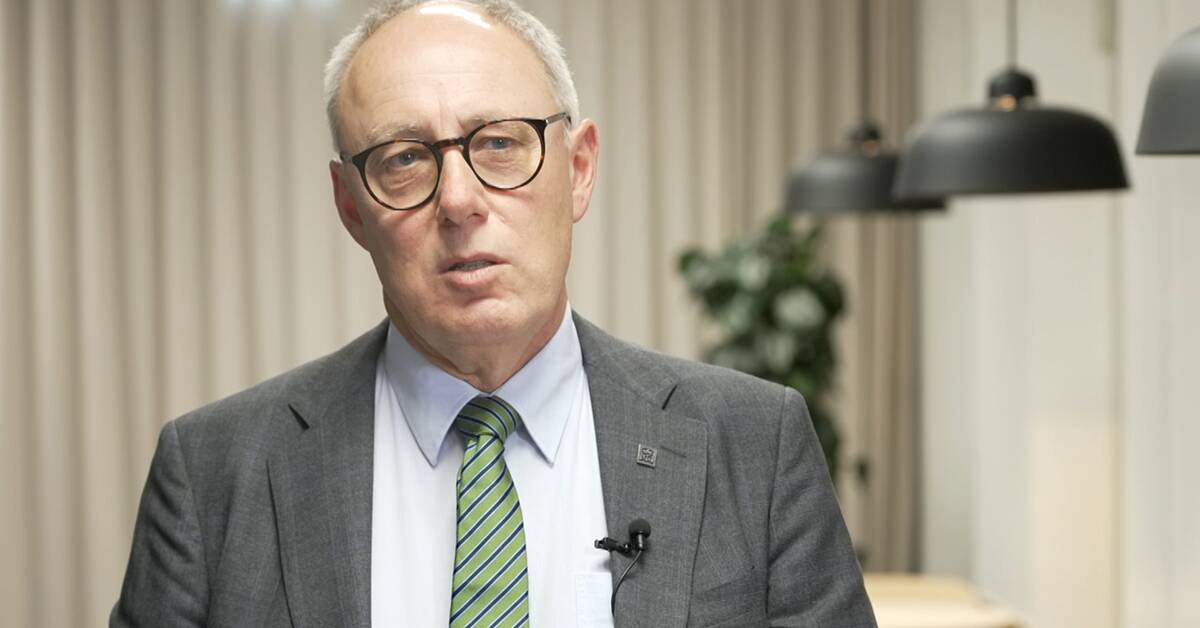Ever since the beginning of the 2010s, the National Board of Health and Welfare has described the state of knowledge as deficient.
Despite this, in 2014, abandonment syndrome was introduced as a separate diagnosis - and a knowledge support was developed after the appeal for guidance from health care and social services.
In the guide, now published for age reasons, parental support, careful activation, regaining hope and a permanent residence permit were listed as "healing factors".
Since this was published in 2013, the Aliens Act has been amended so that time-limited residence permits are the main rule for everyone seeking asylum in Sweden.
In addition, the number of patients with abandonment syndrome has decreased drastically in recent years and today few are disappearing.
Photo: Skärdump from the National Board of Health and Welfare's unpublished guide "Children with abandonment syndrome"
The debate about "apathetic children" was revived two years ago when two now-adults testified that they were forced to play sick as children, in order to increase their families' chances of obtaining a residence permit.
The Swedish National Agency for Medical and Social Evaluation has since stated that the diagnosis of abandonment syndrome lacks a scientific basis and that research is needed on both diagnosis and treatment.
- The knowledge was not sufficient then and it is not sufficient now, states Thomas Lindén, head of the department for knowledge management for health and medical care at the National Board of Health and Welfare.
He did not work for the authority when the guide was written, but believes that they did their best.
- The National Board of Health and Welfare has nevertheless tried to help caregivers as far as possible in these difficult decisions, through a knowledge support based on the, admittedly deficient, research that existed and through consensus among those who cared for these children.
Study found simulation
In the autumn, a small study was published which indicates that children have a greater chance of recovery if they are separated from their parents, and that a residence permit is not necessary for recovery.
It also found cases of simulation.
- The knowledge support points out that those who care for these children must consider other conditions that are the basis for what they see, including Münchausen by proxy (that parents manipulate their children, reds amn).
I think you have to read the document in its entirety, says Lindén.
Pediatricians that SVT Nyheter has spoken to feel, however, that the treatment of these children was for a long time focused on parental support and that the family was granted a residence permit.
- Now in retrospect, I know that many pediatricians feel very sorry for having followed these guidelines, says Ingrid Segerberg at the University Children's Hospital in Uppsala.
Just as Thomas Lindén at the National Board of Health and Welfare says, Münchhausen's syndrome was mentioned by proxy (once) in the guidance, among several possible psychiatric conditions that child psychiatrists should consider when diagnosing the child's condition.
At the same time, they also wrote the above.
Photo: Screenshot
Segerberg believes that the National Board of Health and Welfare should distance itself from what was stated in the guidance and responsibility for what it has published itself.
She wants to see an investigation into the extent to which children may have been harmed.
- It is probably always the case when you do not have sufficient knowledge, that even if you want to, it can be wrong, and so it can certainly be in this area as well, says Thomas Lindén.
Is there a reason to investigate whether children have been harmed?
-
I can not answer that question.

